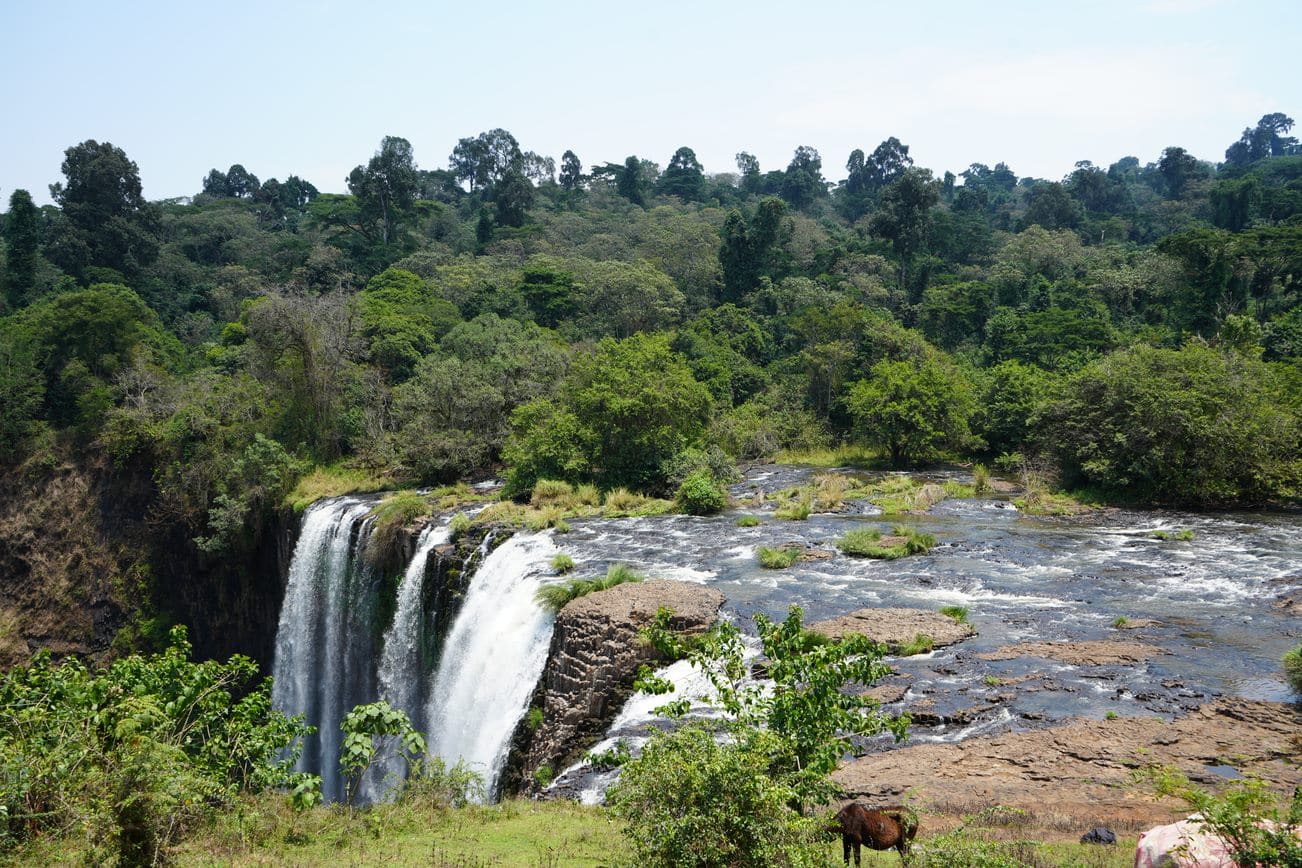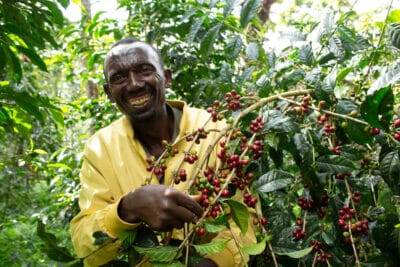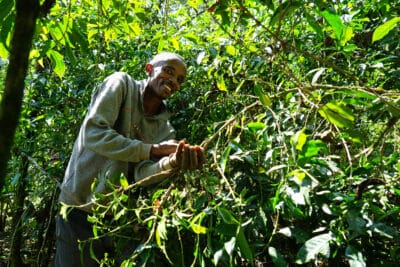News
Ethiopia
26 May 2023
Farm Africa, Oromia Tourism Commission and Mattu University share findings on eco-tourism development in Ilu Ababor Zone, southwest Ethiopia

Farm Africa, in collaboration with Oromia Tourism Commission and Mattu University, has facilitated a high-level workshop to share findings from a scoping study on the eco-tourism potential of Ilu Ababor Zone in Oromia Regional State, Ethiopia.
The study, financially supported by the David & Lucile Packard Foundation, investigated the opportunities and challenges of eco-tourism development in the Ilu Ababor Zone. The assessment revealed that the Zone is endowed with plentiful natural, cultural and historical tourism resources.
The study is imperative for the establishment of community-based eco-tourism in the area, which will drive the green economy, improve the livelihoods of the local community and enhance natural resource management in the Zone.
The implications of eco-tourism development for the Oromia Regional State, inter-regional collaborations, and conservation of key ecosystems, including the UNESCO-registered Coffee Forest Biosphere Reserve are also outlined in this scoping study.
Key challenges in terms of infrastructure, destination development, mobilisation of the private sector, community engagement and promotion of the area are identified, and actions to be undertaken by various stakeholders are also recommended. The study has also provided capacity building and promotion of eco-tourism in various forms, including digital and printed publications.
The workshop is being held Friday 26 May 2023, at the Hyatt Regency Hotel in Addis Ababa in the presence of representatives from relevant federal, regional and zonal governments, donors, universities, NGOs and civil society organisations, Aba Gada, participatory forest management cooperatives, the private sector, hiking groups and the media.
"Eco-tourism could be an excellent solution to managing natural resources sustainably and conserving biodiversity, while improving the livelihoods of local communities. Farm Africa is very much committed to contributing to the development of eco-tourism, which would benefit not just the Ilu Ababor Zone, but the whole country."

Shewit Emmanuel
Ethiopia Country Director for Farm Africa
The Oromia Regional State leadership is expected to give direction on how to unleash and promote the massive potential of the community-centred eco-tourism in the Zone and translate it into action so that it tackles the economic, social and environmental challenges being faced in the Ilu Ababor Zone.
Mrs Lelise, Commissioner for Oromia Tourism Commission, added: “Tourism is one of the multi-sectoral elements enshrined in development goals including the UN’s Sustainable Development Goals (SDGs), and is a sector with potential to bring developmental and economic breakthroughs to our country, Ethiopia. Communities and institutions including government, NGOs, universities and the private sector are vital to realising the development of the tourism sector in Ethiopia and Oromia. As any tourism development should be community-centred and youth-led, we would like to see a network of community-led tourism villages.”

The workshop will outline recommendations on how different stakeholders, including the government administration and sector offices, universities and research institutions, NGOs, the private sector, financial institutions, local communities and donor organisations will be coordinated to create an enabling environment for unlocking the eco-tourism potential in Ilu Ababora Zone.
A technical working group is expected to be established to take charge and materialise the recommendations and directions to be given by the Oromia Regional State leadership.
A summary report of the scoping study findings can be downloaded here.




